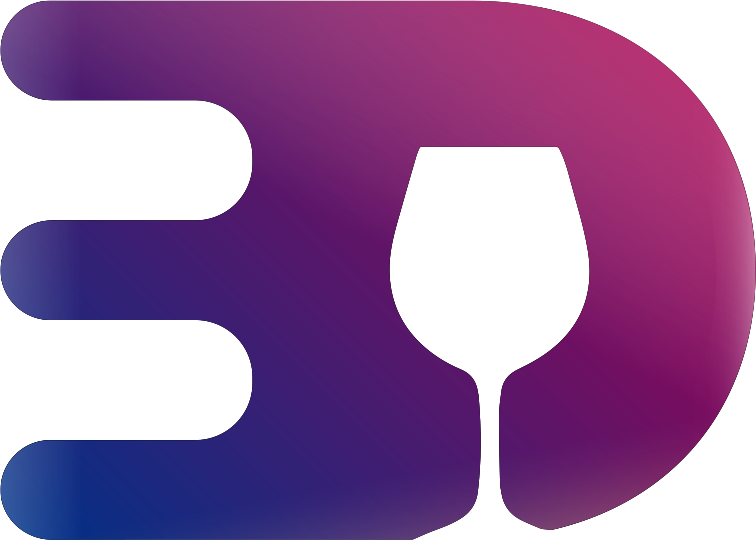On Plagiarism and the Nigerian Food Industry
If there is one thing that unites Nigerians, it is stealing ideas.
We love it.
When someone starts something and it seems to be gaining any kind of traction, copycats spring up with alarming speed. It is one thing to be inspired and it’s another thing to just steal. Just like our “yahoo boys” have convinced themselves that fraud isn’t theft and a past president said there’s a difference between corruption and stealing, using someone’s content is just…curation.
“If you didn’t want anyone to use it, why did you post it” is the overwhelming justification.
The food industry is probably the greatest copycat industry in the country. In last year or two, new restaurants in Lagos have more or less launched with the same menu. I think we can measure the square foot of the country by how many people bake cakes. Let’s take those baking skills to scones and cinnamon rolls and crickets. There are of course one or two alté bakers, but it’s much easier to make a mediocre cake than a mediocre pastry. That said, at least product copycats have to make a product, content copycats only have to open the internet media tool of their choice; instagram, a blog, twitter (but mostly instagram) and …wait for you to post. There are copycats that copy one account, and some that copy several. But ultimately, there are several accounts that copy.
I wont even go into how many “Eat.Drink..” iterations there have been. “Eat drink sleep” “eat drink dance” “eat drink have fun” and its all fun and games until you forget yourself and use the actual logo.
One of the biggest Nigerian victims is Ronke Edoho, founder of 9jafoodie and Lose It Naija. Ronke, a Canadian based Nigerian started 9jafoodie in 2013. In the years after, her brand has grown and developed to include diet food plans, multiple cookbooks, a private facebook group and a thriving instagram brand. It has also grown to include many copycats. Ronke spends 6-7 hours on a weekly basis creating original content in addition to her full time job. Her instagram page is full of recipe videos and testimonials from clients…all of it is her content.
Last year, another popular Nigerian diet expert started selling Ronke’s food plan and recipes as part of her own paid plan. With legal threats, the copycat brand backed down. However, many still use the recipes. Another big area where her content is stolen is for marketing purposes. Vendors selling food they haven’t prepared use her pictures and videos to advertise food they supposedly have.
I signed up for a week long detox plan from a Nigerian weight loss consultant. After I received the plan, I decided not to detox. On a health kick that week, I posted a homemade salad on instagram. The salad was completely made up and had no ingredients from the detox plan but the next time I was on instagram, my salad was on the weight loss page as “some of the meals from our detox members’. How though? Apart from the fact that my permission was obviously unnecessary, the salad had absolutely no component from the detox plan so how the hell could it be used to advertise it?
The biggest names in the Nigerian diet industry have pages are full of reposts, straight up stolen posts, and before and afters of people that they haven’t helped. If you’ve ever tried to film and edit a recipe video or find good lighting for a food photo, you’d know that it is very hard and time consuming and frustrating when people steal your work, or “borrow” it without permission and give you credit very far down in their caption.
Even though people in the fitness industry are the biggest culprits, the baking industry is not exempt. I spoke to bakers that stumbled on their cake photos for sale on other instagram pages and when they complained, they got back “so what? I use other peoples pictures as well”.
Ozoz is one of the top players in the Nigerian food industry. In 2015, she had a recipe of hers reproduced without permission in the Nigerian Guardian. Someone alerted her to it, convinced she’d begun to write for the Guardian.
She tweeted about it and got blocked on social media by the MD. After she threatened legal action, the paper printed a retraction and she got a phone call from the MD.
A newspaper with as big a reputation as the Guardian shouldn’t be plagiarising content, and when they do, they should be quick to retract it when called out. It shouldn't take the threat of legal action or twitter back and forth.
Content creation takes a lot of time and effort. Sharing content can be a good thing, which is why almost every platform has a way to share content organically. Using other people’s work for profit without credit or permission is not okay. Hiding or removing credit when you post pictures is not okay and I think it goes without saying that selling other people’s recipes as yours is not okay.
Content creation is a big industry that’s only going to get bigger, so now is the time to practice creating your own content.

